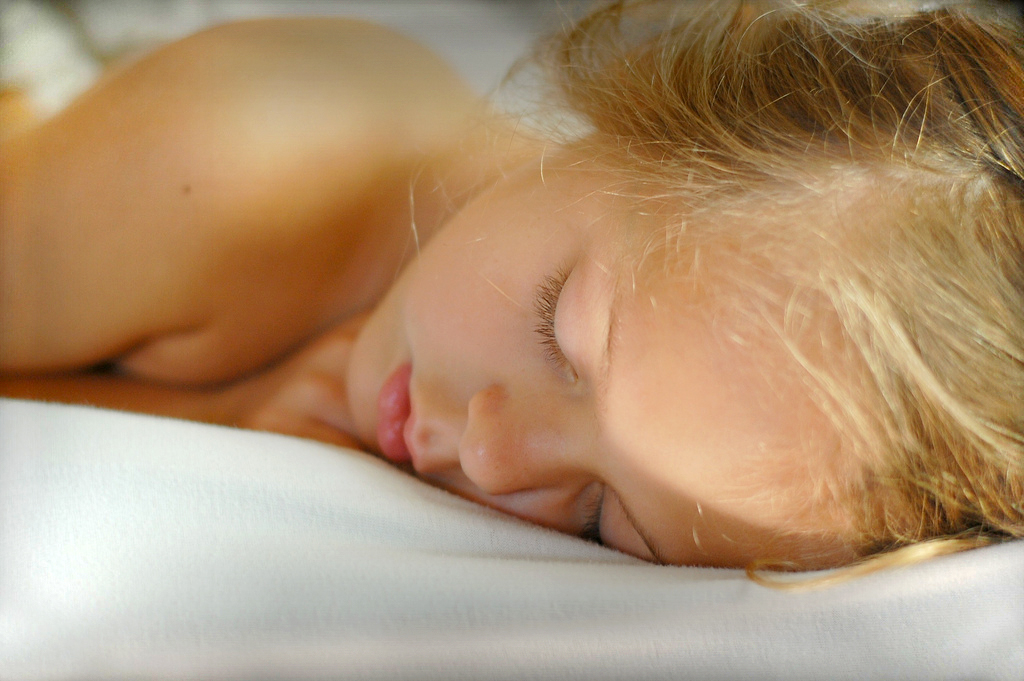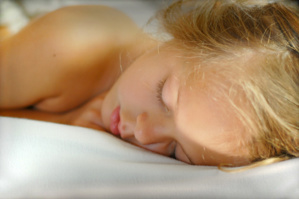Anthropologists have worked with three groups of modern hunter-gatherers with traditional lifestyles - Bolivian tsimane, Namibian Bushmen and Tanzanian Hadza. In total, scientists recorded sleep features of 94 people. Since the lifestyle of these tribes has changed relatively little over the past few thousand years, their habits were considered an indirect indicator of sleep practices of primitive people.
After several years of research, scientists have found that sleep of Tsimane, Hadza and Bushmen is, despite all the genetic, historical and geographical differences between them, subjected to a strikingly similar laws. On average, they sleep less than six and a half hours (for comparison - the inhabitants of big cities in Europe and the United States put away for sleep in average seven or eight hours).
None of the study participants went to bed after dark - just like in the cities with artificial lighting. Within three hours after sunset, the hunter-gatherers cook, dinner, prepare arrows and making plans for the next day. In addition, the majority of the Hadza, Tsimane and Bushmen wake up before dawn.
A number of medical studies have shown that modern industrial society representatives often feel sleepy in the middle of the day - which gave ground for the theories of the natural sleep-afternoon, the possibility of which was suppressed by civilization. However, hunters and gatherers almost never went to bed in the afternoon.
The only significant difference between the archaic tribes and residents of big cities - the first almost do not suffer from insomnia. Only 1.5-2.5 percent of hunter-gatherers could not sleep at night more often than once a year. For comparison, from 10 to 30 percent of representatives of industrial societies suffer from chronic insomnia.
The number of hours of hunter-gatherers’ sleep changed mainly depending on ambient temperature - in the winter they sleep on average an hour longer than the summer. In modern conditions the most important regulator of sleep is off (due to heating), and its return can help in the fight against insomnia, the researchers note.
After several years of research, scientists have found that sleep of Tsimane, Hadza and Bushmen is, despite all the genetic, historical and geographical differences between them, subjected to a strikingly similar laws. On average, they sleep less than six and a half hours (for comparison - the inhabitants of big cities in Europe and the United States put away for sleep in average seven or eight hours).
None of the study participants went to bed after dark - just like in the cities with artificial lighting. Within three hours after sunset, the hunter-gatherers cook, dinner, prepare arrows and making plans for the next day. In addition, the majority of the Hadza, Tsimane and Bushmen wake up before dawn.
A number of medical studies have shown that modern industrial society representatives often feel sleepy in the middle of the day - which gave ground for the theories of the natural sleep-afternoon, the possibility of which was suppressed by civilization. However, hunters and gatherers almost never went to bed in the afternoon.
The only significant difference between the archaic tribes and residents of big cities - the first almost do not suffer from insomnia. Only 1.5-2.5 percent of hunter-gatherers could not sleep at night more often than once a year. For comparison, from 10 to 30 percent of representatives of industrial societies suffer from chronic insomnia.
The number of hours of hunter-gatherers’ sleep changed mainly depending on ambient temperature - in the winter they sleep on average an hour longer than the summer. In modern conditions the most important regulator of sleep is off (due to heating), and its return can help in the fight against insomnia, the researchers note.






